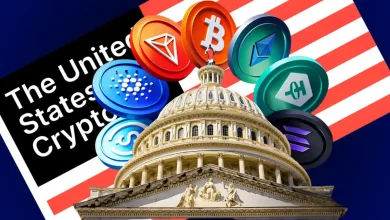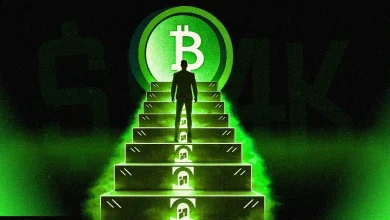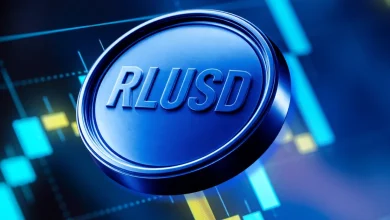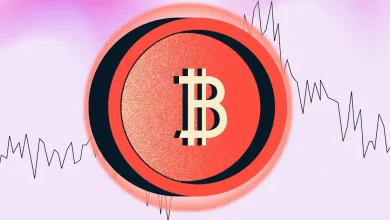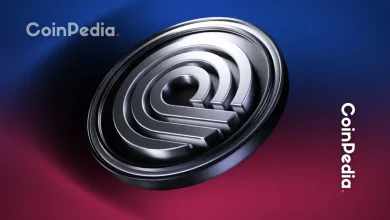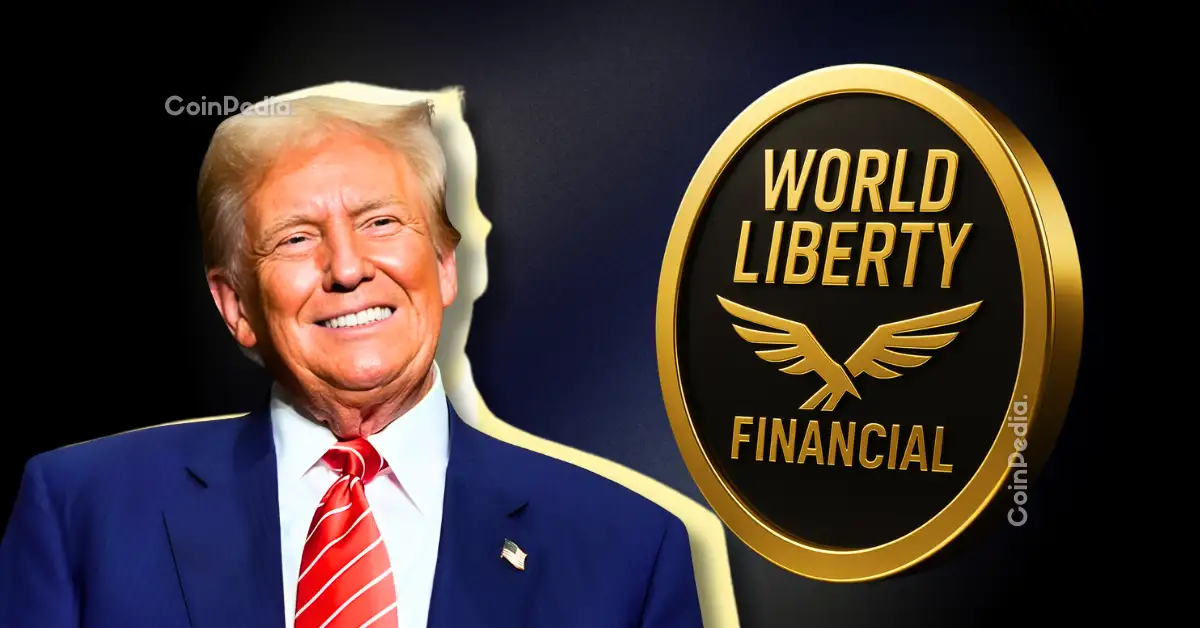
Senators urge DOJ, Treasury to probe Trump-linked WLFI crypto over token sales to wallets tied to sanctioned entities.
WLFI denies wrongdoing as blockchain analysis questions watchdog claims; investigation may shape U.S. crypto oversight rules.
A new political and regulatory storm is forming around World Liberty Financial (WLFI), a crypto firm closely tied to U.S. President Donald Trump and his family. This week, Democratic Senators Elizabeth Warren and Jack Reed urged the Department of Justice and the Treasury to launch an investigation into the company over concerns that its token sales may have reached wallets connected to sanctioned entities in North Korea, Russia, and Iran.
Their letter follows a September report by watchdog group Accountable.US, which claimed that WLFI governance tokens were purchased by blockchain addresses linked to the Lazarus Group, a Russian sanctions-evasion platform, an Iranian exchange, and even Tornado Cash. The senators warned that selling governance tokens to these actors effectively “gave adversaries a seat at the table,” potentially exposing U.S. national security to risk.
WLFI denied the allegations, insisting it performed strict AML and KYC checks and rejected millions of dollars during its presale screenings.
Political Weight: Trump Family Controls Most WLFI Revenue
The controversy grows sharper because WLFI is deeply tied to the Trump family. Eric Trump, Donald Trump Jr., and Barron Trump are listed as co-founders, while Donald Trump serves as “Co-Founder Emeritus.” A Trump-linked entity, DT Marks DEFI LLC, reportedly holds 22.5 billion WLFI tokens worth about $3 billion and receives 75% of all token-sale revenue.
Senators Warren and Reed say this creates a clear conflict of interest for the administration, especially as WLFI pushes into products like a debit card and tokenized commodities, areas where weak oversight could amplify illicit finance risks. The project had already caught regulators’ attention when its USD1 stablecoin appeared in a $2 billion Binance-related investment by a UAE-backed fund, a move that coincided with a major U.S.–UAE chip deal.
Researchers Dispute Some Claims
However, new blockchain analysis suggests that parts of the watchdog report may be based on false positives. Researcher Nick Bax reviewed the flagged transactions and found that the supposed “Lazarus-linked” activity came from a joke memecoin contract called Dream Cash, which automatically routes tokens from a wallet labeled as Lazarus Group to anyone who claims them.
Bax said an independent X user claimed the tokens as a joke, yet ended up falsely linked to North Korea, and reportedly had around $95,000 worth of WLFI tokens frozen as a result.
A Wider Political Battle Over Crypto Oversight
Interestingly, the bigger question arises whether Trump-linked officials could profit from WLFI while influencing crypto policy. WLFI insists its compliance is solid, but Democrats continue to tie the issue to concerns about Trump’s broader crypto connections, including his recent pardon of Binance’s former CEO. With Congress drafting new digital-asset rules and a December 1 deadline approaching for federal agencies to respond, this investigation may set a precedent for how deeply regulators can trace blockchain activity and how future token sales are governed.
Never Miss a Beat in the Crypto World!
Stay ahead with breaking news, expert analysis, and real-time updates on the latest trends in Bitcoin, altcoins, DeFi, NFTs, and more.
FAQs
WLFI is a crypto firm tied to the Trump family, under scrutiny for selling tokens to wallets linked to sanctioned entities.
Eric, Donald Jr., and Barron Trump co-founded WLFI, controlling revenue through a Trump-linked entity holding billions of tokens.
Yes, concerns exist that Trump-linked officials could profit while shaping crypto rules, raising potential conflicts of interest.
Trust with CoinPedia:
CoinPedia has been delivering accurate and timely cryptocurrency and blockchain updates since 2017. All content is created by our expert panel of analysts and journalists, following strict Editorial Guidelines based on E-E-A-T (Experience, Expertise, Authoritativeness, Trustworthiness). Every article is fact-checked against reputable sources to ensure accuracy, transparency, and reliability. Our review policy guarantees unbiased evaluations when recommending exchanges, platforms, or tools. We strive to provide timely updates about everything crypto & blockchain, right from startups to industry majors.
Investment Disclaimer:
All opinions and insights shared represent the author's own views on current market conditions. Please do your own research before making investment decisions. Neither the writer nor the publication assumes responsibility for your financial choices.
Sponsored and Advertisements:
Sponsored content and affiliate links may appear on our site. Advertisements are marked clearly, and our editorial content remains entirely independent from our ad partners.


